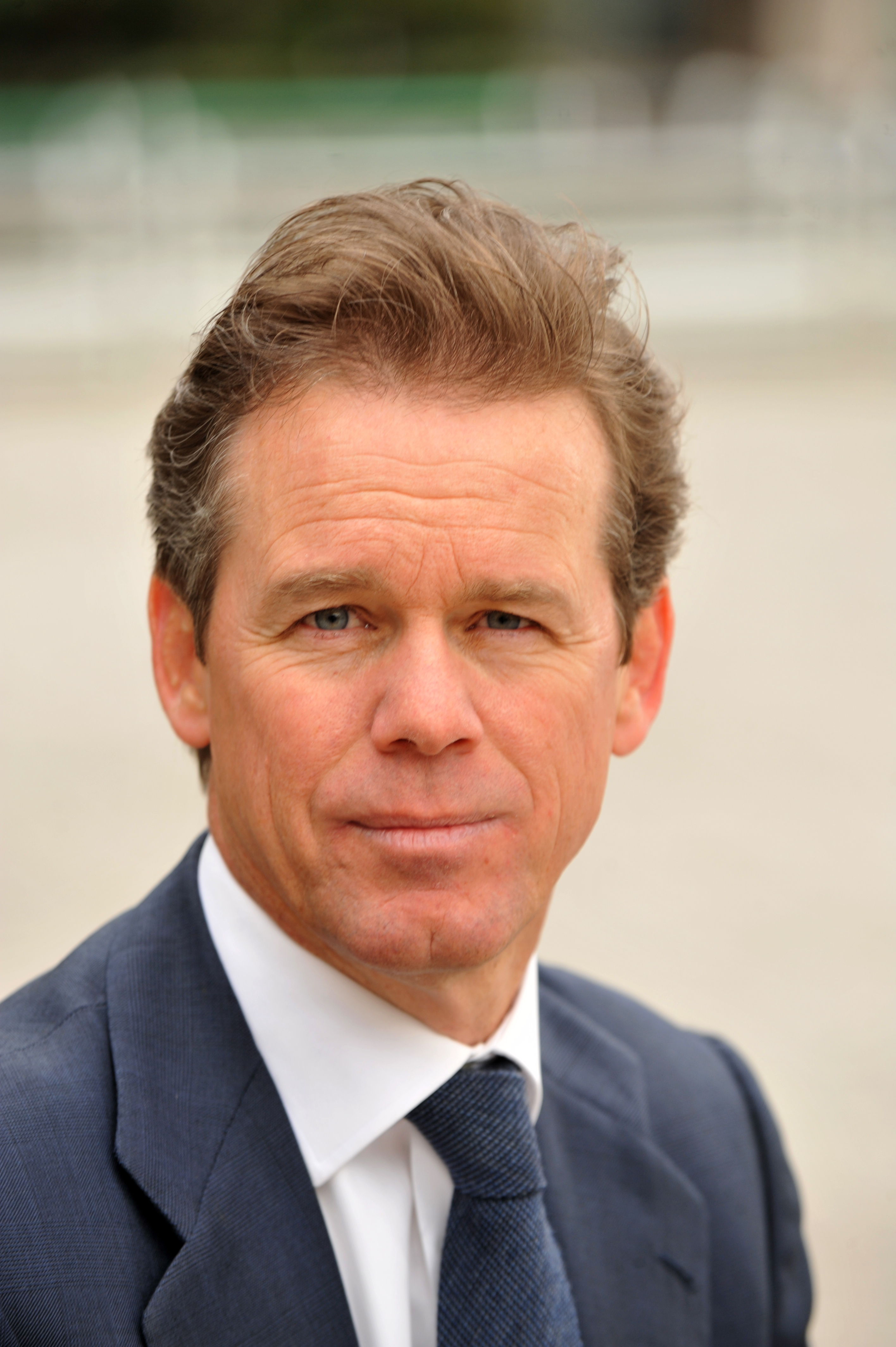Going Global: A Q&A with Andrew Hazell, Managing Partner at Dédalo Communication
In our new series, "Going Global," we're bringing you insights from our partner agencies within the Prosek Global Network, a group of leading agencies throughout the world with whom we collaborate to deliver impactful results for our clients across the globe. For the second installment of the series, we spoke with Andrew Hazell, Managing Partner at Dédalo Communication, a strategic advisory firm based in Madrid, Spain that specializes in corporate, financial, and crisis communications.
Tell us a bit about your agency and the types of clients you work with. What makes your agency different to others in Spain?
I started Dédalo with Roberto Santos, formerly a prominent business journalist, in 2002, so we have recently celebrated our 20th anniversary. At Dédalo, we have a strong and longstanding business, and most of our senior staff have been with us since our inception. Our client base is a mix of large Spanish listed companies, along with multinationals, banks, investment funds and sector associations. While we have deep roots and local knowledge in Spain, we are an international firm with a widely diversified list of clients from across the globe. We have a network of similarly-minded national and international partners, such as Prosek, who we work with across Europe, South America and the U.S.
Our client work is mostly strategic and financial communications, but we also have a steady flow of transaction, crisis and litigation PR. What differentiates us from our competitors is our focus on blue chip clients and very complex communication issues. We tend to shy away from marketing communications, which actually means that we are not present in a large part of the market. That tends to keep us much smaller than our peers, but this is not something that we see puts us at a disadvantage. We have found our sweet spot at 15 senior consultants—big enough to be readily available for difficult work, but we’ll never be the proverbial “one stop shop.” That certainly makes us different.
What has been the most interesting project you’ve worked on with Prosek?
Cheyne Capital. The range of Cheyne’s investments across different sectors in Spain keeps the work very varied.
What two themes do you expect to dominate the Spanish financial news agenda in the coming year?
One we deal with constantly is the overreach of regulation in certain sectors such as energy, banking, TMT (technology, media, and telecom) and real estate. This is an issue that particularly impacts our international clients and their investment appetite.
One theme that worries us is value creation in Spain. We see activism on the horizon via break ups, sum of the part valuations, petitions for different asset allocations etc.; and we believe it is likely that pressure on management will increase in Spain on this front.
How does the Spanish media landscape differ from that of the UK or U.S.?
The media in Spain is quite professional, and we have always been a strong “media relations” agency as many members of our team are ex-financial journalists. The difference is possibly a bit less specialization. You do have reporters specializing in energy, banking, real estate, TMT etc… but a vast majority of journalists write across sectors, and also mix in politics to a great degree. Another difference is that there are actually more business newspapers in Spain than there are, for example, in the UK. This means that there are more opportunities for us engage with the business media, but it also means that it can be challenging for a low profile strategy.
Where do you see the direction of financial services PR moving? For example, is LinkedIn a platform that you are utilizing for your clients?
All of the channels to get your story out are valid, but a compelling message is still incredibly hard to develop. This is especially true for a business under attack or in financial difficulty. Well-run and successful companies tend to have an easier job flowing into channels such as LinkedIn or Twitter. One certainly has to understand how to manage the different channels to get the message out, but just like the relationship with traditional print, it’s easier to do with the wind in your sails.
What is one Spanish word every PR practitioner in Spain should know?
“Populismo…”: It is having an enormous influence on communication strategy. It’s tricky when organised groups (both political and non-political) don’t want your sector or business to succeed. In Spain, from the left, attacks focus on sectors such as real estate, energy, healthcare or financial services. On the right, we could see an emergence of what is happening in the U.S. with regards to ESG investing—calling the practice “woke.” ![]()
